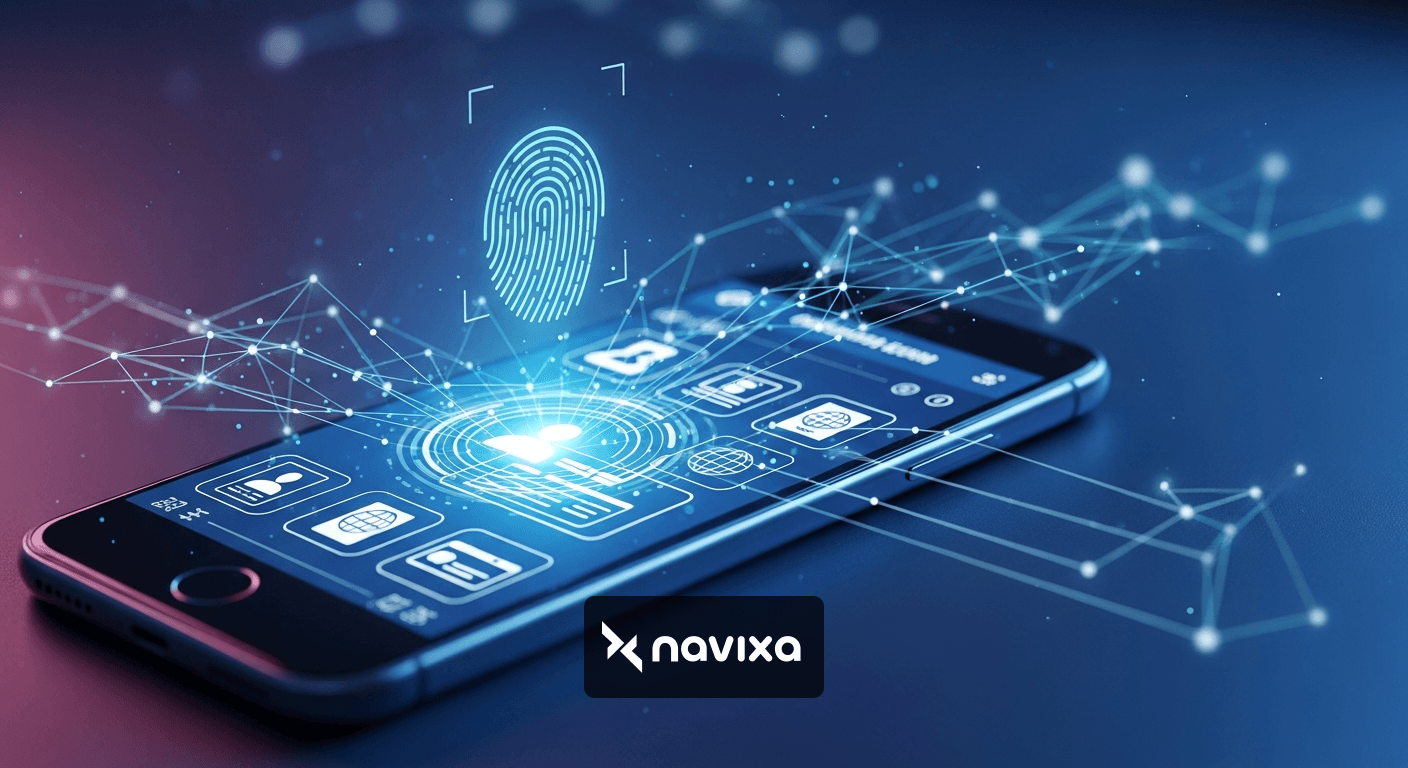Table of content
The Dawn of a New Digital Identity Era
In our increasingly digitized world, the concept of identity is undergoing a radical transformation. Traditional forms of identification, such as physical passports and driver's licenses, are proving cumbersome and vulnerable in the fast-paced, interconnected landscape of the 21st century. This has paved the way for a groundbreaking solution: the digital ID wallet. This secure, user-centric technology is poised to redefine how we manage and verify our identities, offering unprecedented levels of convenience, privacy, and security.
For crypto traders and investors, who operate at the forefront of digital innovation, understanding the intricacies of digital ID wallets is not just beneficial—it's essential. This technology promises to streamline Know Your Customer (KYC) processes, enhance the security of digital transactions, and empower individuals with true ownership of their personal data. This article delves into the core components of digital ID wallets, exploring their underlying technologies, real-world applications, and the profound impact they will have on the future of digital identity and the crypto space.
What Exactly is a Digital ID Wallet?
A digital ID wallet is a secure application, typically on a smartphone, that allows users to store and manage various forms of digital identification and credentials. Think of it as a virtual counterpart to your physical wallet, but with enhanced security features and greater functionality. Instead of carrying around multiple physical documents, you can conveniently access and present your identity information digitally.
Gartner predicts that by 2026, at least 500 million smartphone users will regularly use a digital ID wallet.
These wallets can hold a wide range of information, from government-issued IDs like driver's licenses and passports to professional licenses, academic degrees, and even proof of age. The key difference lies in the underlying technology that powers these wallets, which is designed to be secure, private, and user-controlled.
The Core Technologies Driving Digital ID Wallets
The security and functionality of digital ID wallets are built upon a foundation of cutting-edge technologies. Understanding these components is crucial to grasping the full potential of this innovation.
Blockchain and Decentralization
At the heart of many digital ID wallets is blockchain technology. By leveraging a distributed and immutable ledger, these wallets can ensure that identity data is tamper-proof and resistant to censorship. Unlike traditional centralized databases that are vulnerable to single points of failure and attack, a decentralized approach distributes control, placing the user in charge of their own data. This principle of self-sovereign identity (SSI) is a cornerstone of the digital ID revolution, empowering individuals with full control over their personal information.
Decentralized Identifiers (DIDs) and Verifiable Credentials (VCs)
Decentralized Identifiers (DIDs) are a new type of globally unique identifier that allows individuals to create and control their own digital identities without relying on a central authority. These identifiers are the foundation upon which Verifiable Credentials (VCs) are built. VCs are digital, tamper-evident credentials that can be cryptographically verified. For instance, a university could issue a VC for a degree, which the recipient can then store in their digital ID wallet and present to a potential employer for verification. The W3C has established standards for both DIDs and VCs, ensuring interoperability and a consistent framework for this emerging technology.
Advanced Encryption and Biometrics
To ensure the security of sensitive personal data, digital ID wallets employ robust encryption methods. This means that all the information stored in the wallet is scrambled and can only be accessed with the correct cryptographic keys. Furthermore, many wallets integrate biometric authentication, such as fingerprint or facial recognition, as an additional layer of security. This ensures that only the rightful owner can access and share their identity information.
The Benefits of Digital ID Wallets for Crypto Traders and Beyond
The adoption of digital ID wallets offers a multitude of advantages that extend far beyond the realm of cryptocurrency.
Streamlined and Reusable KYC
For crypto traders, the repetitive and often cumbersome process of KYC verification for different exchanges can be a significant pain point. Digital ID wallets offer a solution by enabling reusable KYC. Once a user's identity is verified and a VC is issued, they can present this credential to multiple platforms without having to go through the entire process each time. This not only saves time but also reduces the exposure of sensitive personal data.
Enhanced Security and Fraud Prevention
The decentralized nature of these wallets, combined with advanced encryption and biometrics, significantly enhances security and reduces the risk of identity theft and fraud. By giving users control over their data, digital ID wallets minimize the attack surface for malicious actors.
Selective Disclosure and Privacy
A key feature of digital ID wallets is the ability for users to share only the necessary information for a specific transaction through a concept known as selective disclosure. For example, to prove you are over 21, you can present a VC that confirms this fact without revealing your exact date of birth or address. This level of privacy is a significant improvement over traditional methods where you would have to show your entire driver's license.
Real-World Applications and the Road Ahead
The potential use cases for digital ID wallets are vast and varied. In the financial sector, they can streamline customer onboarding, secure transactions, and facilitate access to decentralized finance (DeFi) platforms. Beyond finance, digital ID wallets can be used for accessing government services, healthcare records, educational credentials, and even for travel.
Governments and major corporations are already recognizing the potential of this technology. The European Union, for instance, is actively developing a framework for a European Digital Identity Wallet (EUDIW), which will be available to all EU citizens, residents, and businesses by 2026. This initiative aims to provide a secure and interoperable digital identity solution across all member states. Major tech companies are also entering the space, with Apple introducing a Digital ID feature in its Wallet app.
Leading Digital ID Wallet Providers
The digital ID wallet market is rapidly evolving, with several key players shaping the future of this technology.
Conclusion: The Future is in Your Hands
The digital ID wallet represents a fundamental shift in how we think about and manage our identities. By embracing decentralization, cryptographic security, and user-centric design principles, this technology empowers individuals with unprecedented control over their personal data. For crypto traders and investors, digital ID wallets are set to become an indispensable tool, streamlining interactions with exchanges, enhancing security, and fostering greater trust in the digital asset ecosystem. As the technology continues to mature and adoption grows, the digital ID wallet will undoubtedly play a pivotal role in shaping a more secure, private, and efficient digital future for everyone. To stay ahead of the curve, it is advisable to familiarize yourself with the foundational standards, such as the W3C's specifications for DIDs, and to keep an eye on the evolving landscape of digital ID wallet providers.


